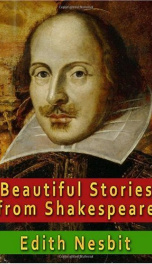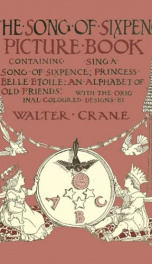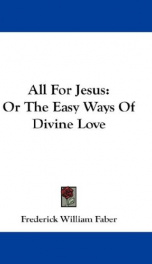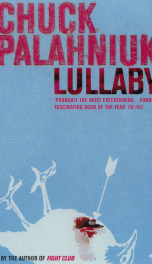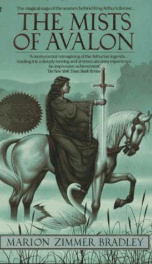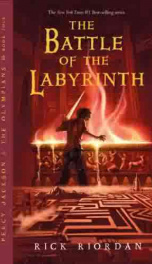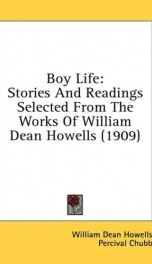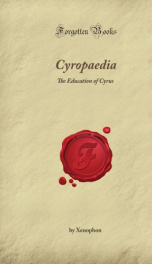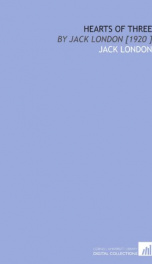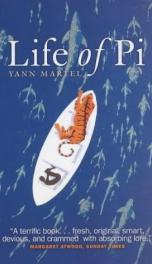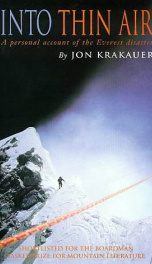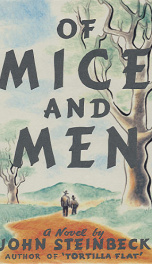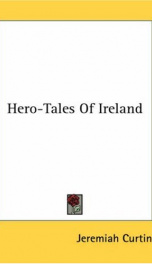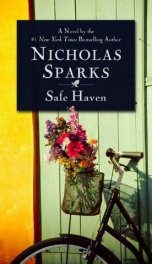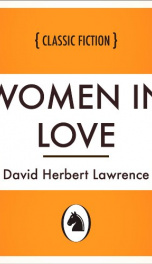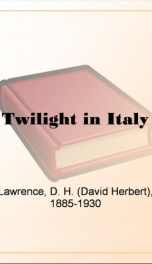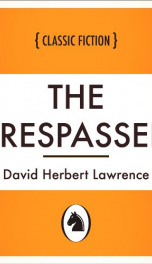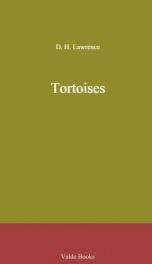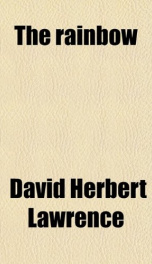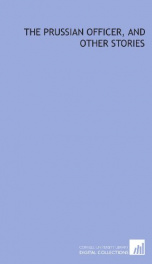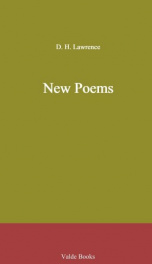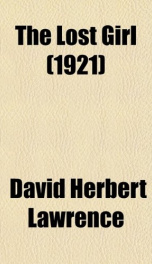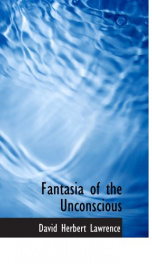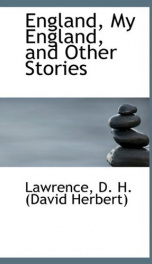Look! We Have Come Through!
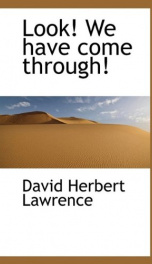
David Herbert Richards Lawrence (1885-1930) was an English writer of the 20th century, whose prolific and diverse output included novels, short stories, poems, plays, essays, travel books, translations, literary criticism, and personal letters. His collected works represent an extended reflection upon the dehumanizing effects of modernity and industrialisation. In them, Lawrence confronts issues relating to emotional health and vitality, spontaneity, sexuality, and human instinct. Lawrence's opinions earned him many enemies and he endured official persecution, censorship, and misrepresentation of his creative work throughout the second half of his life, much of which he spent in a voluntary exile he called his "savage pilgrimage". E. M. Forster, in an obituary notice, challenged this widely held view, describing him as "the greatest imaginative novelist of our generation". Lawrence is perhaps best known for his novels Sons and Lovers, The Rainbow, and Lady Chatterley's Lover. Within these he explores the possibilities for life and living within an Industrial setting. His other works include: The White Peacock (1911), The Widowing of Mrs Holroyd (1914), The Lost Girl (1920), St. Mawr (1925), The Man Who Died (1931) and The Fight for Barbara (1933). --This text refers to an alternate Paperback edition.
Info about the book
Author:
Series:
Unknown
ASIN:
B0082XO5QC
Rating:
3.5/5 (3)Your rating:
0/5
Languge:
English
Users who have this book
Users who want this book
What readers are saying
What do you think? Write your own comment on this book!
write a commentif you like Look! We Have Come Through! try:
Other books by this author
Do you want to exchange books? It’s EASY!
Get registered and find other users who want to give their favourite books to good hands!
